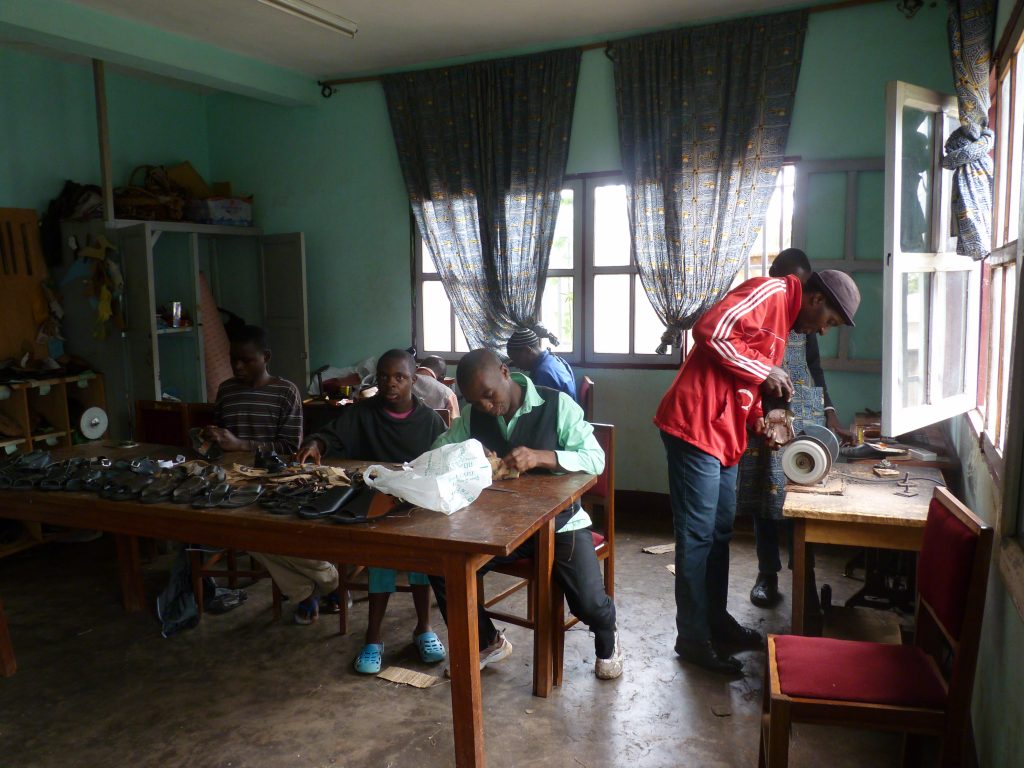Social Welfare
Problem
In Cameroon, Persons living with disabilities still face several challenges which have remained unattended for quite sometimes with no proper mechanism to curb them. These challenges include: living under extreme poverty, the high unemployment rate and poor provisions of education and health services.
The poverty rate of persons with disabilities is quite startling and has turned some of them into beggars in the street. This is accelerated by lack of opportunities for this group and the humanitarian crises plaguing NWSW regions, Far North and East regions of Cameroon. Nonetheless, if people with special needs are given equal opportunity, they can support themselves and make valuable contributions to society and to the economy. Therefore, SHUMAS provides rehabilitation and training to people with special needs to enable them to reach their full potential.


Objective:
To improve the lives of at least 30 people with special needs annually through life skills trainings and other rehabilitation activities so as to enable them to become economically independent and to ensure their protection
How it works:
- SHUMAS has established a Vocational Rehabilitation Center where people with Special Needs are trained in 8 life skills that are adaptable to their disabilities at the SHUMAS vocational rehabilitation center.
- Provision of start-up materials for graduates of the Vocational Rehabilitation Center to set up their workshops
- Psychosocial support and protection services to the persons with special needs.
SHUMAS within this program has achieved the following:
- Over 120 persons with special needs have received training at the SHUMAS Vocational Rehabilitation Center
- All who have graduated from the center have been assisted with startup materials to enable them setup their workshops.
Psycho-social support and protection services rendered to over 300 persons with special needs.
- It is difficult to find adequate funding to provide all the necessary start-up materials.
- Some trainees face hunger and illness once at the Centre because their families cannot contribute to feeding costs.
- Transportation to off-site activities is not always available, forcing trainees and teachers to use public transportation.
- The equipment at the center is becoming obsolete, and often requires costly maintenance and repairs which is becoming a serious problem as the training is free.
In order to widen the accessibility of the project to disabled people, SHUMAS perceives the following for the near future:
- Set up a micro-credit unit to assist poor disabled persons to set up business.
- The provision of a minibus for the transportation of disabled persons
